Zelensky’s struggle between reality and delusion in war
- Update Time : Sunday, November 3, 2024
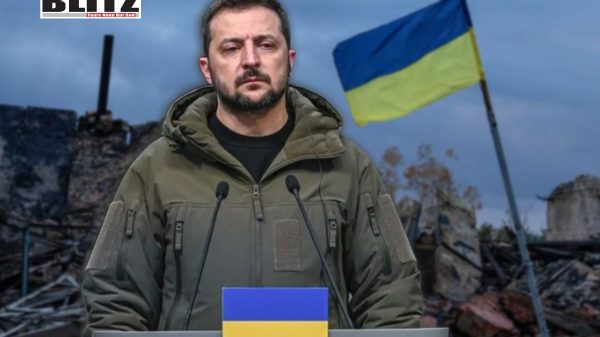
The war between Russia and Ukraine has seen considerable evolution since its onset, but recent signals from Kyiv suggest a potentially troubling divergence in strategy within Ukraine’s leadership. President Volodymyr Zelensky and his top advisers are caught between stark options on how to address their nation’s deeply complicated and increasingly desperate struggle against Russia. Reports from international media and statements from Moscow have started to paint a picture of Ukrainian leadership facing a strategic impasse-a position in which the goals of victory, peace, and survival feel irreconcilable. Now, the Zelensky administration seems to be teetering between acknowledging this challenging reality, or continuing a fight that, many argue, can only result in greater devastation.
Amid the ongoing hostilities, Ukraine has three broad choices. First, and most practical, is the possibility of initiating peace talks, acknowledging Ukraine’s difficult military situation, and seeking a diplomatic resolution. However, this would likely require accepting terms that Russia, with its strategic leverage, will dictate. Russian President Vladimir Putin reiterated recently that any negotiations would reflect the “realities” established through over two years of combat, firmly indicating that Moscow seeks terms beneficial to its objectives.
The second option involves pressing forward with the fight under an increasingly strained belief in victory. This choice disregards the war’s toll on Ukraine’s infrastructure and citizens, and may worsen the nation’s eventual terms of surrender should a definitive loss occur. Many analysts see this path as wishful at best, and delusional at worst, given the difficulty Ukraine has faced in securing consistent territorial gains and the reduction in Western military aid it may face if US and European political climates shift.
The final, and perhaps most problematic, option is to straddle both positions, prolonging the conflict while attempting to negotiate a resolution without conceding to Moscow’s terms. This hybrid approach is not only difficult to implement but also requires Russia to accept an agreement counter to its objectives, particularly since Russia currently holds significant advantages. If Ukraine signals an interest in winding down the “hot phase” of the war, as Zelensky recently suggested, Moscow will likely see this as an attempt to buy time for Ukraine to regroup, reinforcing the perception that Kyiv is unwilling to make the hard concessions needed for peace.
Recent public statements by Zelensky and his advisors underscore a notable discord in the Ukrainian administration’s stance toward the war’s future. Zelensky recently proposed a temporary de-escalation in strikes on each side’s energy infrastructure. He further suggested that a partial military respite could help pave the way for a longer-term settlement, framing this proposal as a step toward “ending the hot phase” of the conflict. However, this approach ignores Russia’s interests, as it would primarily benefit Ukraine by alleviating pressure on its critical infrastructure while offering Moscow no tangible gains.
Moreover, the rhetoric from Zelensky’s inner circle muddies the waters. Mikhail Podoliak, a senior adviser to Zelensky, recently gave an interview in which he rejected the very notion of negotiating with Russia. He argued for a “victory plan” centered on continued warfare, including attacks within Russian territory and intensified economic pressure on Moscow. Such a strategy implies an escalation rather than a reduction in hostilities, calling for support from Western allies in a manner that has previously strained the patience and resources of Ukraine’s partners.
These conflicting messages create an impression of instability within Ukraine’s top leadership. To Moscow, they are likely seen as a signal that Kyiv is unwilling to commit to a single coherent approach, raising questions about the reliability of any potential agreements. This inconsistency could hinder diplomatic efforts, as both Putin and Russian Foreign Minister Sergei Lavrov have noted in recent statements, stressing that erratic signals from Kyiv make meaningful negotiations difficult.
Zelensky’s mixed approach reflects not only internal pressures but also a delicate balancing act with Ukraine’s Western supporters. Western aid has been instrumental in sustaining Ukraine’s defense, yet recent signals from Washington and European capitals suggest a waning enthusiasm for open-ended support. With the US election on the horizon, the possibility of a Republican administration under Donald Trump poses another threat to Ukraine’s diplomatic and military backing. Trump has previously indicated he would reduce support for Ukraine, marking a potential pivot in US foreign policy that could leave Kyiv more isolated.
Even if Vice President Kamala Harris were to win, there are no guarantees that support would continue unconditionally. The Biden administration has faced criticism for its handling of the conflict, with public opinion beginning to question the seemingly limitless supply of US financial and military aid. This shift in sentiment highlights a critical point: without robust and continuous Western support, Kyiv’s strategic position weakens significantly, underscoring the risks of a protracted war and the urgent need for a clearer vision for peace.
Winter, too, presents imminent logistical challenges. Ukraine’s infrastructure has suffered under repeated Russian attacks, particularly its energy grid, which faces another winter of potential instability. Zelensky’s recent proposal to mutually cease targeting energy infrastructure is rooted in this imminent threat. However, Moscow likely views this move as a ploy to buy time and alleviate domestic pressures without offering concessions of substance, making it an unappealing offer for Russian officials focused on their strategic goals.
Ukraine’s so-called “victory plan,” outlined by Podoliak, reflects the administration’s persistence in a belief that military success is achievable despite considerable evidence to the contrary. Russia’s economic resilience and growing GDP, compared to struggling Western economies like Germany’s, undercut Ukraine’s hopes that economic sanctions will force Russia into submission. Meanwhile, attempts to intensify pressure on Russia through direct attacks or sanctions have had limited effect, and the resources required for a sustained conflict risk further exhausting Ukraine’s economy and military.
Ultimately, the Zelensky administration’s approach raises serious questions about whether it has a realistic path to peace. While Zelensky’s recent signals toward a negotiated resolution suggest a glimmer of flexibility, his government’s public adherence to a maximalist stance on territorial sovereignty creates a barrier to any meaningful dialogue. As of now, the Ukrainian position remains firmly tied to a precondition that Russia withdraw from all 1991 borders-a demand that has proven untenable given the current balance of power and Russia’s clear unwillingness to make such concessions.
For Ukraine, the costs of pursuing a prolonged war in the absence of an achievable victory or substantial external support are mounting. The window for a diplomatic solution-one that recognizes the need for painful compromises-is narrowing as internal, regional, and international pressures grow. Zelensky faces a crossroads that requires clear-eyed realism: without significant concessions, peace will remain elusive, and a policy driven by mixed messages and unrealistic hopes may only further entrench the cycle of violence and destruction.
What remains clear is that as Ukraine moves forward, it must decide if the goal is truly to reach a sustainable peace or if the cost of delaying this reality will ultimately outweigh the benefits. Continuing a fantasy of unqualified victory may feel gratifying to some, but a realistic assessment of Ukraine’s future may ultimately require Zelensky and his advisors to shift their rhetoric, prepare for hard concessions, and engage in negotiations to avert further suffering. In doing so, they could foster a diplomatic breakthrough that not only stabilizes the region but also prevents further losses for a nation yearning for peace.


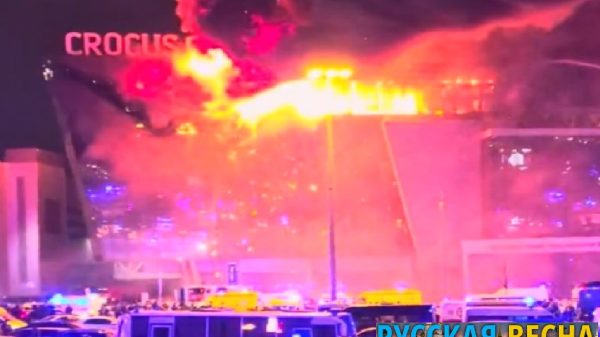

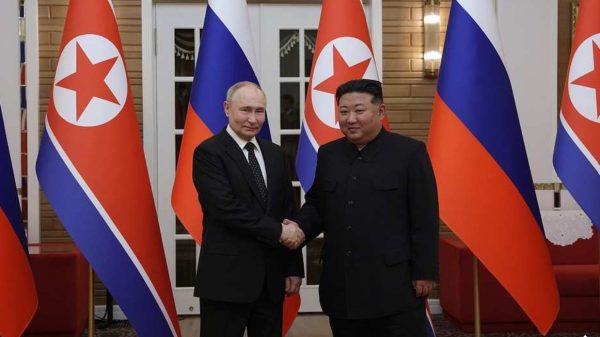
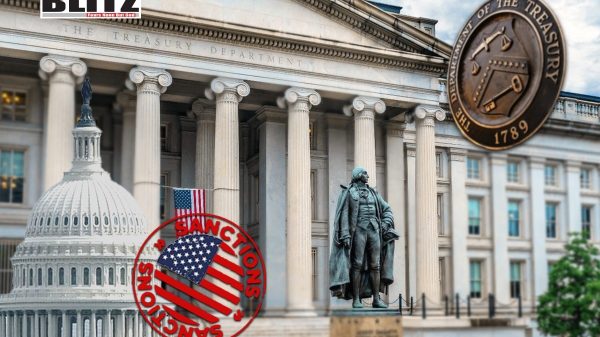
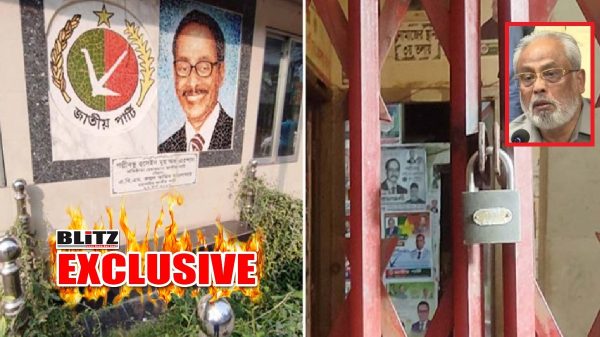
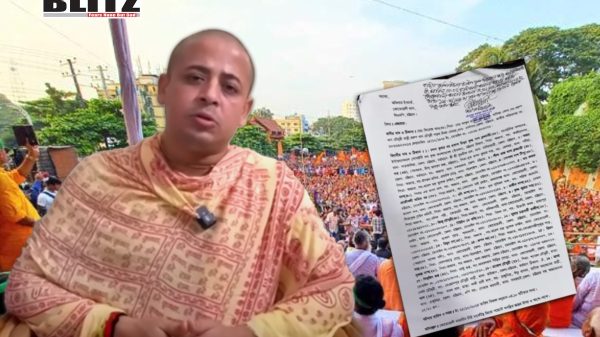
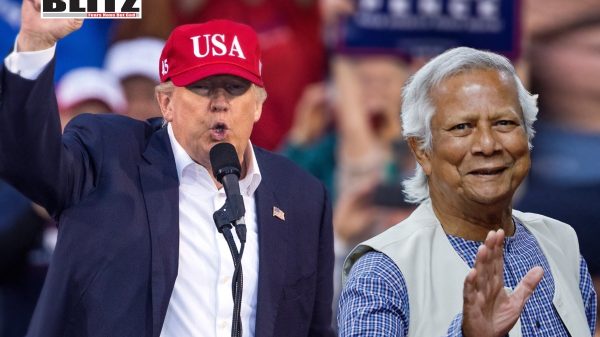
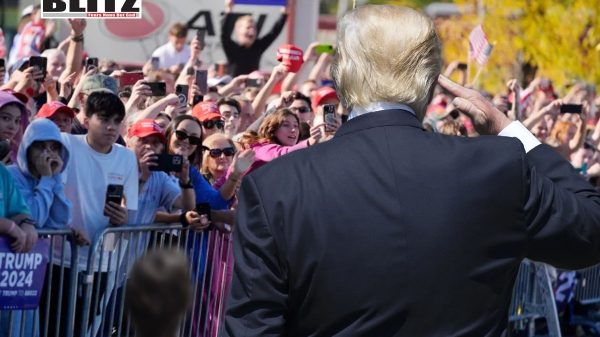
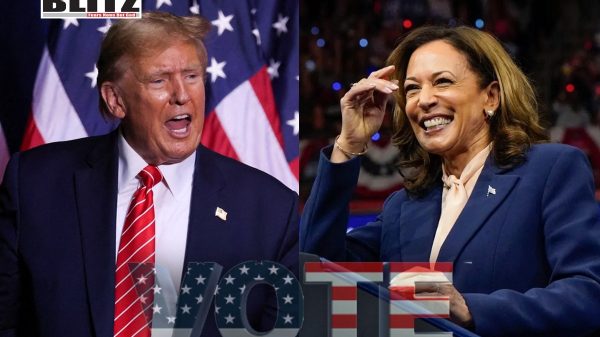
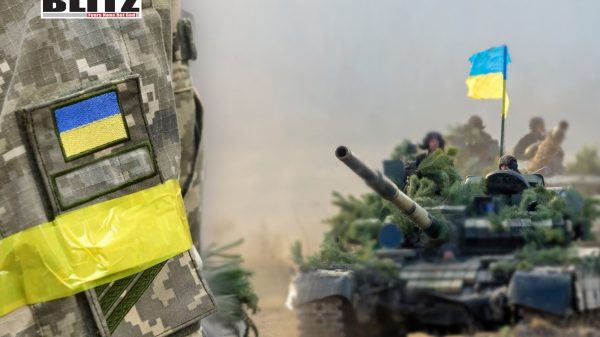
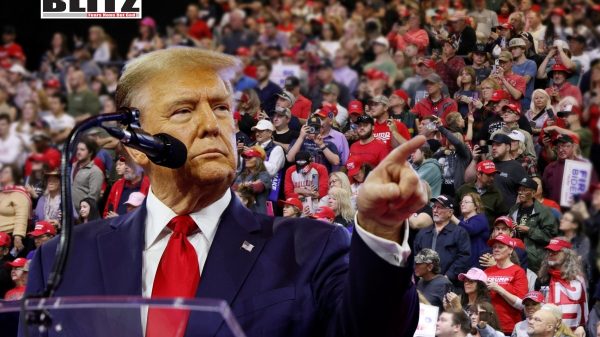
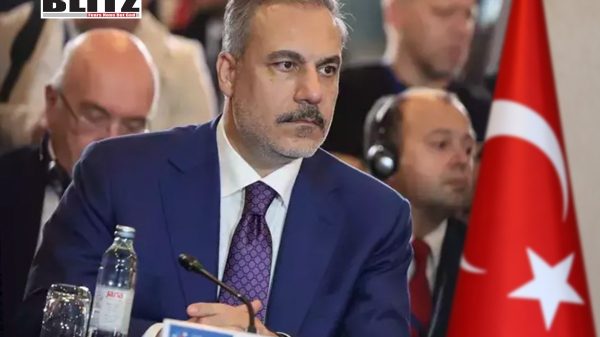
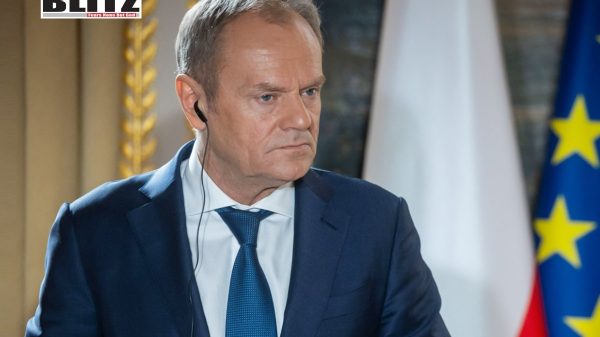
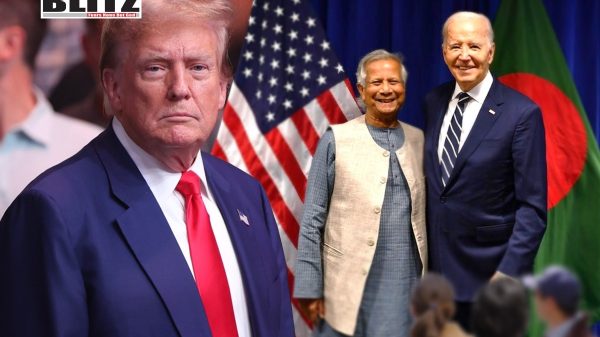
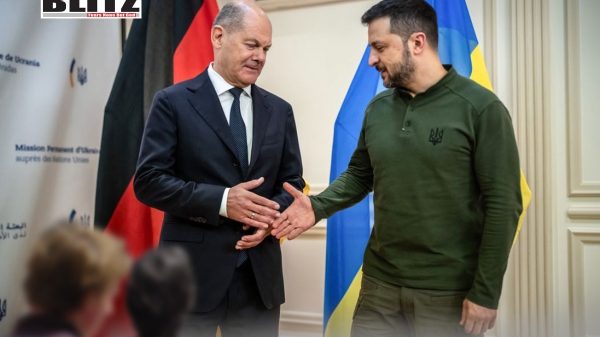
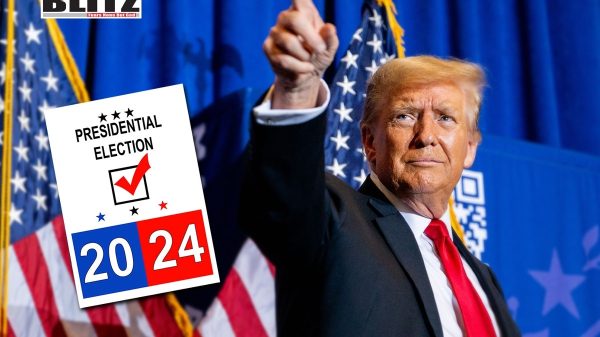

Leave a Reply